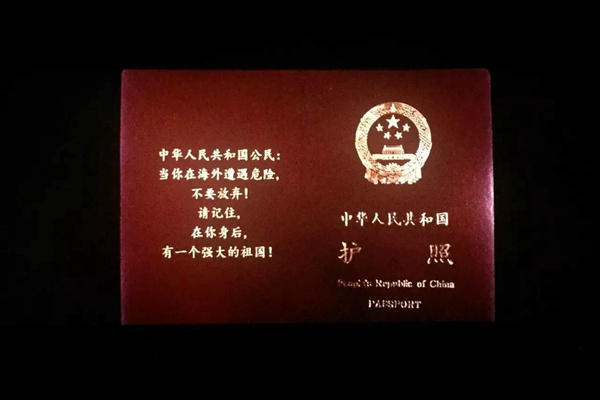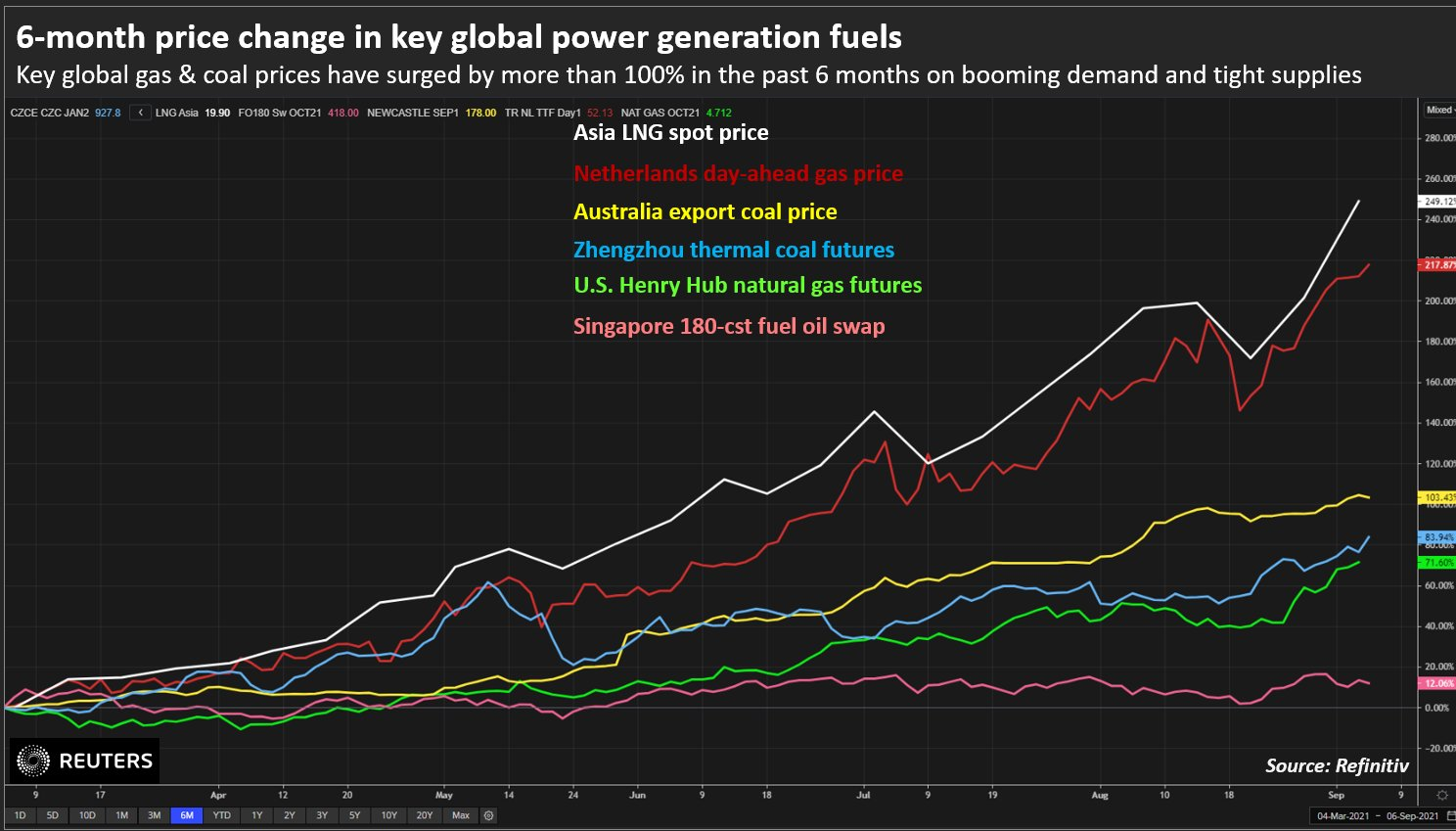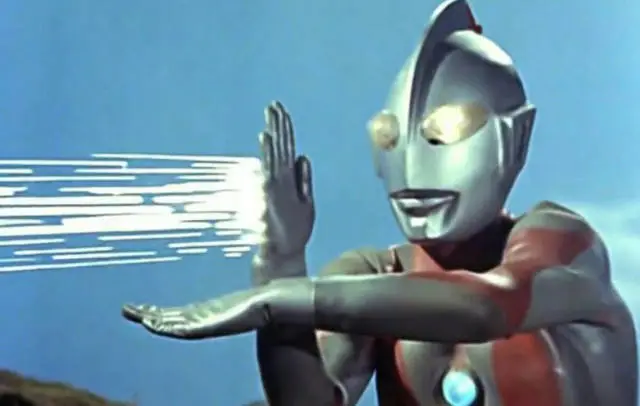Brief #88: hostage exchange, power rations, crypto, Ultraman
1. Hostage exchange
Michael Kovrig and Michael Spavor were finally released this week, after being arrested and detained in China for almost three years. The release of these two Canadians occurred at the same time as the release by Canada of Meng Wanzhou 孟晚舟, the CFO of Huawei and the daughter of Huawei’s founder. This “prisoner exchange”-like deal was done between three governments — the US, Canada and China.
Unlike Meng, who still enjoyed luxury and much freedom while under house arrest in her mansion, the two Canadians were treated like other Chinese prisoners, which meant harsh conditions.
A dance of three countries
The two Canadians were detained by the Chinese Government in 2018 in retaliation for Canada’s detention of Meng. Unlike other foreigners detained in China, the detention of these two Canadians was blatantly related to Meng — this is why they’re often referred to as “hostages”. However, Chinese officials have denied this.
As for Meng, she was detained in Canada, not because she violated Canadian laws, but because Canada has an extradition treaty with the US, and the US has requested the extradition of Meng on charges related to US sanctions against Iran. Note that Meng was not accused of violating any Canadian sanctions.
This means it is mostly up to the US whether Meng can be released, even though it is Canada that detained her. And in retaliation, China detained two Canadian citizens (rather than US citizens) to pressure Canada. Canada is being squeezed in the middle, with devastating personal consequences for the two Canadians.
Hostage diplomacy
Prisoner exchanges have been a common practice between countries in war, most notably between Israel and Arab countries. Last year, Australian citizen Kylie Moore-Gilbert was released from Iran, in a similar prisoner exchange situation where three Iranians were released at the same time.
Exchange deals like this raise “moral hazard” questions. China will see this deal as successful use of “hostage diplomacy”. So it may be encouraged to use the same tactic in the future when its valued citizens are detained by another country. This means all foreign citizens in China could be at an increased risk when bilateral relations deteriorate.
Of course, the chances of any one individual in China being arbitrarily arrested and held as a hostage is still low. There are many Americans, Canadians, and Australians in China, either on business or otherwise. But the risk is present and may have increased as a result of this deal.
As for the two Australians currently detained in China — Cheng Lei and Yang Hengjun — the latest deal does not signal much. With the two Canadians, the motivation behind their arrests was quite clear (despite the Chinese Government’s denial) and therefore the “price” for them to get released is also clear. But that’s not the case with Cheng or Yang.
For China’s elites, on the other hand, Meng’s arrest may have sounded a caution to avoid countries with extradition treaties with the US.
The narrative in China
The state media has heavily promoted Meng’s return to China as a “positive energy” story of the Chinese Government’s successful efforts to secure her release. Meng was welcomed back with a huge welcoming party at the airport. In contrast, the release of the two Canadians was barely covered in the Chinese media.
In the Chinese Government’s narrative, Meng was wrongfully detained — that she was detained as a way to punish Huawei and to contain China’s progress. So in this narrative, Meng was a political prisoner.
The message the government is promoting from Meng’s release is similar to the one at the end of Wolf Warrior 2 film:

This messaging promotes patriotism among the population — that the country is now powerful enough to stand up to other countries, and therefore Chinese citizens can rely on the government to look after their interests overseas.
However, I’m sceptical of the effectiveness of this message. While most people in China do want China to become powerful and want the government to protect them while overseas, they also understand Meng is not an ordinary Chinese citizen. Meng is a Huawei “princess”, and people expect her to get special treatment. What’s the chance that the Chinese government would go to the same length for a commoner?
2. Power rations
It’s not yet proper winter in China, but there are already large-scale power outages (also affecting water supply) in Northeast China (Liaoning, Jilin, Heilongjiang), the coldest part of China. Due to capacity constraints in the region, the authorities have implemented emergency power rationing.
One of the reasons cited for low capacity is coal shortage. The other is to meet “dual control” targets 双控目标 — energy intensity and energy consumption targets.
Coal price
Global coal price has grown significantly this year. Thermal coal price at Newcastle Port has risen 50 per cent in just three months, just short of the record set in 2008. This is due to both supply and demand — demand for energy has grown as economies recover while supply is still constrained due to the pandemic.

Of course, China’s trade action against imports of coal from Australia has exacerbated the problem.
Yet, electricity prices are capped by local authorities in China. So with rising input prices but fixed output prices, generating electricity has become less profitable — it may even become a loss-making venture.
Since raising electricity prices may lead to more social discontent than rationing electricity, especially among households, the authorities have opted to restrict demand for electricity through rationing.
Energy targets
A year ago at the UN General Assembly, Xi made an announcement that China will aim to hit peak emissions before 2030 and carbon neutrality by 2060. Last week at the same forum, Xi also committed to not building new coal-fired power projects abroad, underscoring China’s commitment to more actions on climate change.
Even before these announcements, China has had a national target for reductions in energy consumption. As usual with these national targets, each province is then allocated a provincial target. So the power rationing may partly be due to attempts by local and provincial governments to reach the energy reduction targets for the year.
However, the impact of these targets on rationing is unclear, as provinces that are set to reach their targets have also implemented electricity rationing.
3. Cryptocurrency
Eleven agencies (National Development and Reform Commission, Central Propaganda Department, Central Cyberspace Affair Commission, Ministry of Industry and Information Technology, Ministry of Public Security, Ministry of Finance, People’s Bank of China, State Taxation Administration, State Administration for Market Regulation, Banking and Insurance Regulatory Commission, and National Energy Bureau) have issued a notice on the regulation of the mining of cryptocurrency.
A week before that, ten agencies (People’s Bank of China, Central Cyberspace Affair Commission, Supreme People’s Court, Supreme People’s Procuratorate, Ministry of Industry and Information Technology, Ministry of Public Security, State Administration of Market Regulation, and Banking and Insurance Regulatory Commission, Securities Regulatory Commission, and State Administration of Foreign Exchange) also issued a notice on preventing speculatory risks in cryptocurrency trading.
The two notices effectively banned the mining and trading of cryptocurrencies in China. The fact that so many agencies are involved shows the party and the government are determined to act on cryptocurrency, so strict enforcement is likely. As the latest development follows previous crackdowns on cryptocurrencies in China, this is not surprising.
For governments around the world, cryptocurrencies pose many regulatory challenges, including compliances with money laundering, tax avoidance, and counter-terrorism laws. Compared to other countries, China has tended to err towards stricter regulations and control, especially when it comes to a technology with the ability to conceal information from the government.
4. Ultraman
As a member of the post-1980 generation, the Japanese TV series Ultraman 奥特曼 has a special place in my heart. I had stickers of Ultraman in my room, along with Saint Seiya 圣斗士星矢.


However, this week, one of the Ultraman series, Ultraman Tiga was removed from many streaming platforms in China.
A statement from the National Radio and Television Administration supported the platforms’ actions and said they should promote animes that spread desirable virtues and boycott animes with undesirable contents, such as violence. Ultraman was deemed too violent for children.
Unlike celebrity fan culture and online gaming, the Ultraman series was a fond childhood memory for many post-1980, which happens to be the generation of people with young children right now. This means on this issue, the parents are probably less supportive of a ban, as they did not feel Ultraman was a bad influence on them. Online gaming, on the other hand, is a new phenomenon to the post-1980s generation, so they’re less likely to be understanding.
Neican Brief is supported by the Australian Centre on China in the World, Australian National University.
